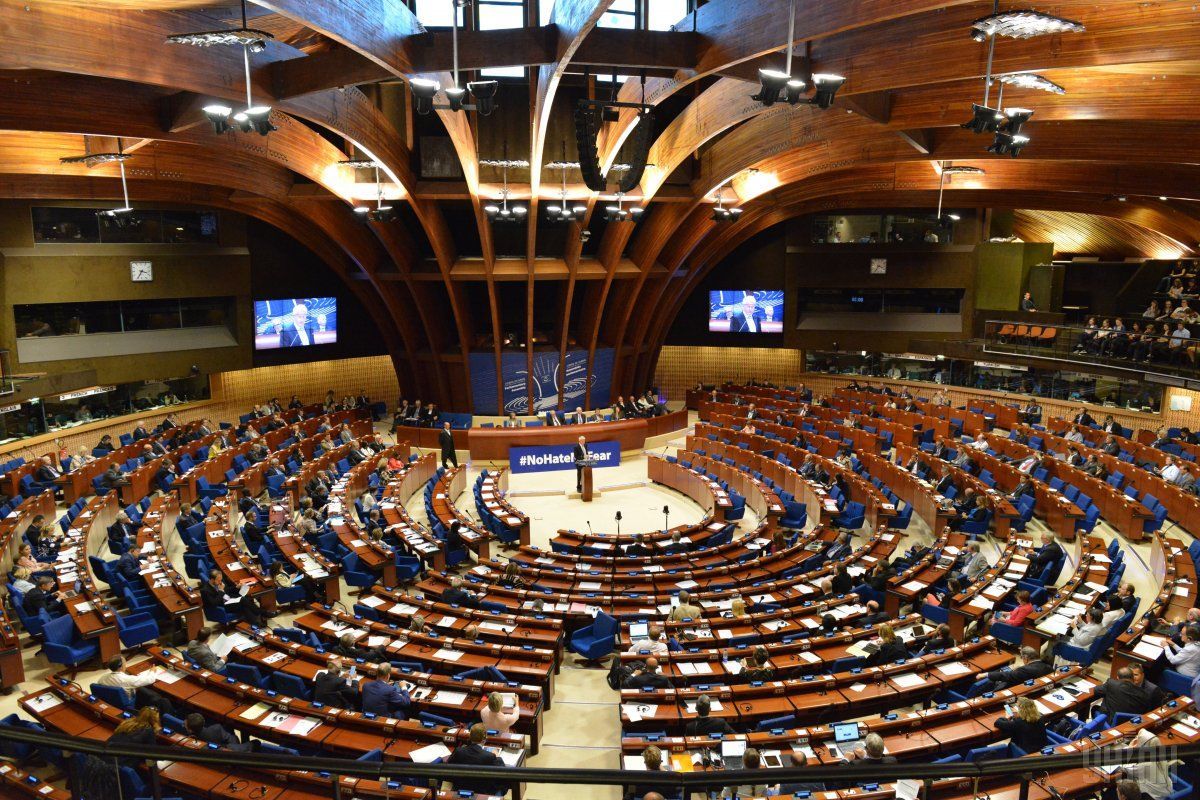
The issue was added to the agenda of the plenary session on the initiative of the Hungarian and Romanian delegations, according to a Riigikogu press release, reads the report.
"The issue is how schools that currently teach in Hungarian and Romanian, and also in Russian, Polish and other languages, will transition to the official language in three years, and whether the quality of education and the cultural rights of national minorities will be preserved when this is completed," Herkel said.
In his opinion, the transition will take longer than three years, and a flexible model is needed in which some classes could be held in the students' native language. "If we are able to seek compromises in spite of Hungary and Romania's sharp reaction, we are on the right track," Herkel added.
Read alsoHungary to bring up Ukraine's education law issue at EU Foreign Affairs Council on Oct 16Last month, the Verkhovna Rada of Ukraine passed a law on education according to which education currently provided in national minority languages will shift to Ukrainian within three years. Ukrainian President Petro Poroshenko proclaimed the law on Sept. 27.
The report under urgent procedure which Herkel has been tasked with drawing up must be prepared in the Committee on Culture, Science, Education and Media within a few days; it is scheduled to be debated in the plenary on Thursday.
The law will also need to be evaluated by the Venice Commission, the earlier conclusions of which were the basis for the need to provide the Ukrainian language a stronger status in education.
The fall session of PACE is also attended by Vice-President and head of the Estonian delegation Marianne Mikko and Estonian delegation member Eerik-Niiles Kross.

